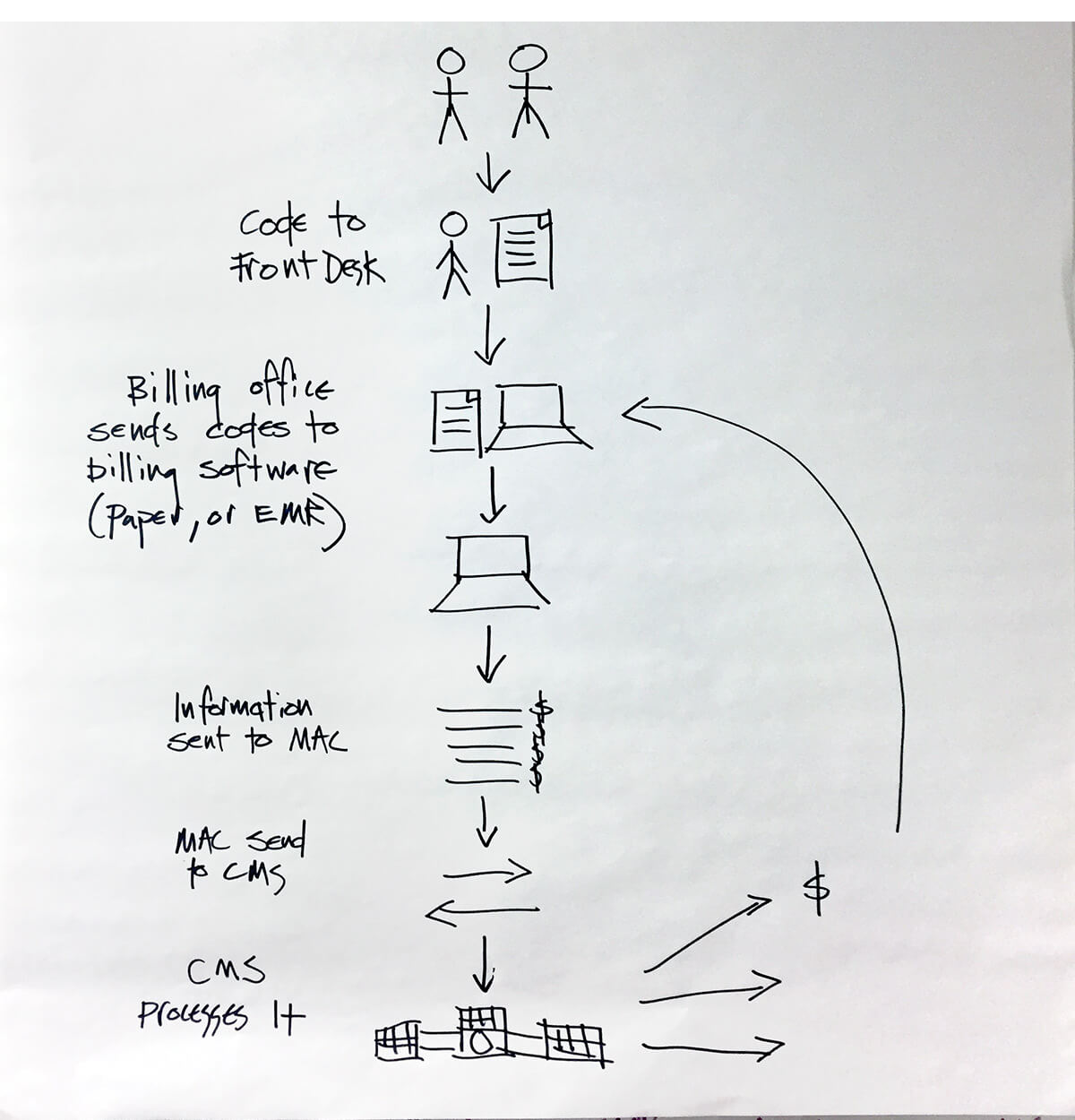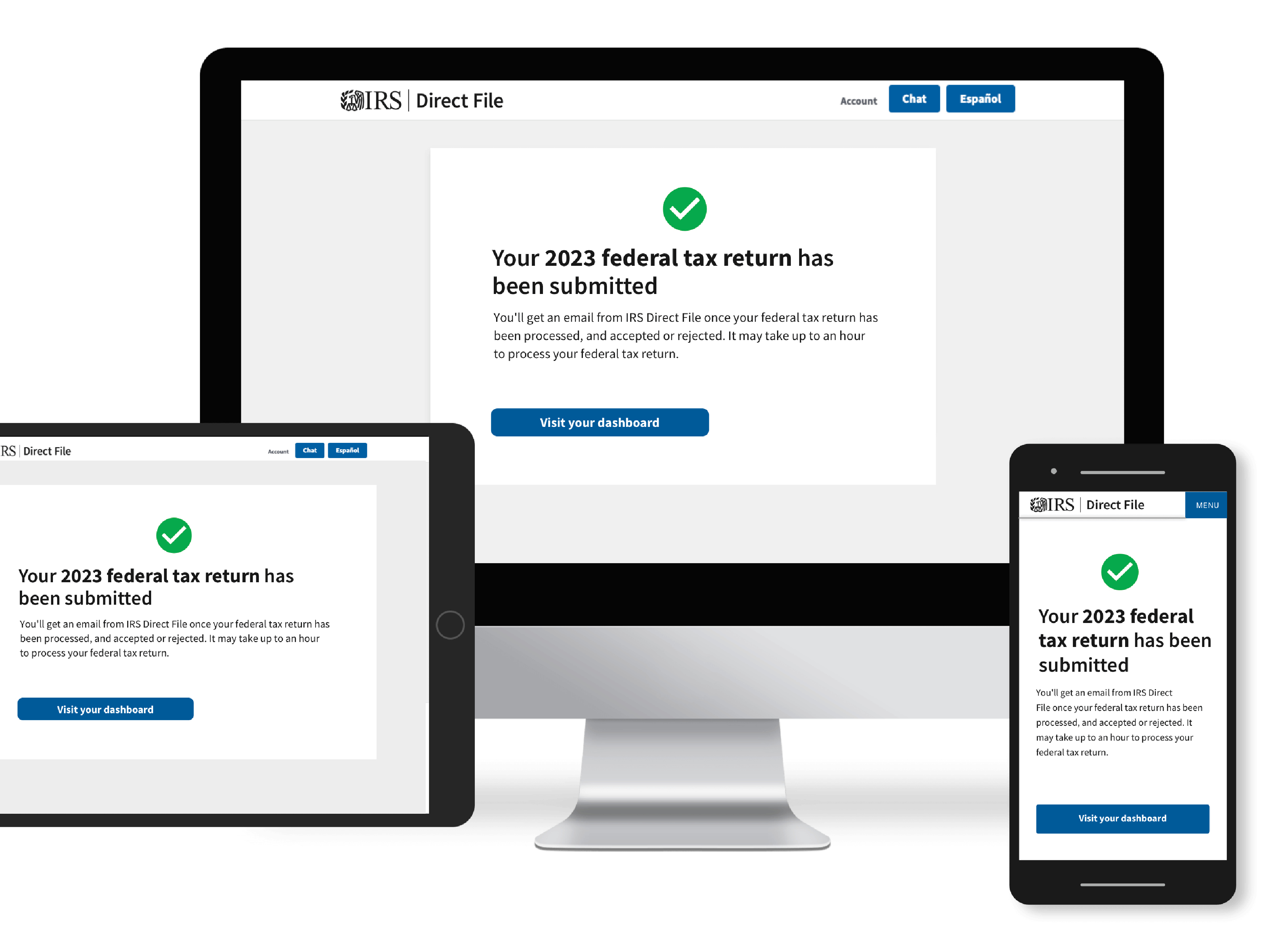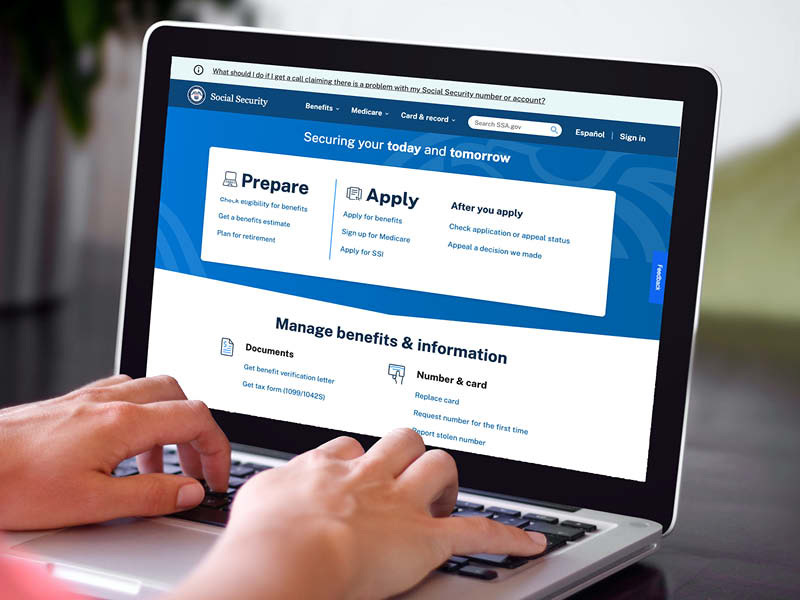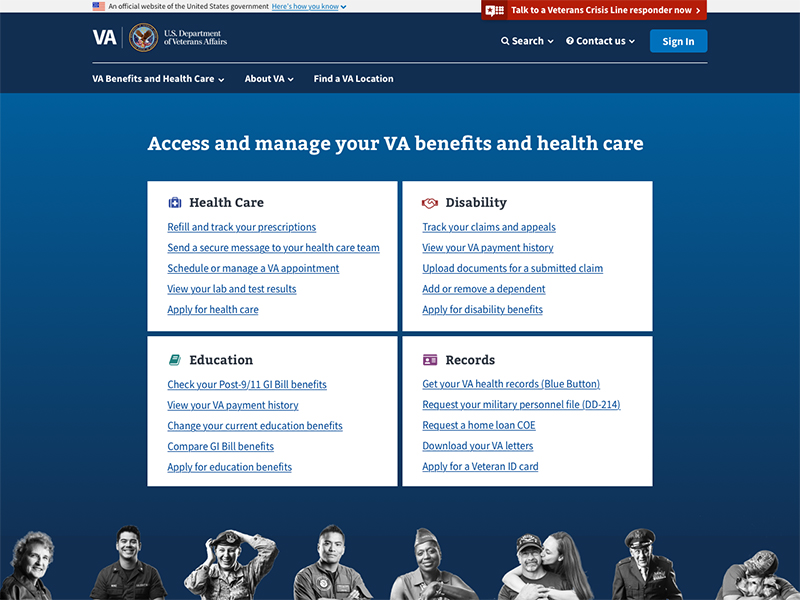Modernizing the Medicare Payment System
By the Numbers
Americans depend on Medicare payments for their healthcare
Claims per year
Reduction in time needed to deploy new code in the cloud‑based system (from four weeks to a few days)
The Challenge
The Medicare Payment System has singular importance in determining how health care is provided in the United States. Medicare pays for the health care of 53 million Americans, making it the largest health payer in the U.S. The systems that process claims payments were first built in 1966, when Medicare was conceived. Over the five decades that followed, the Centers for Medicare and Medicaid Services (CMS) made periodic investments in infrastructure, but the systems have struggled to keep pace with Medicare’s growth and evolution from a fee‑for‑service model to a value‑based care model. The claims these systems process represent 4.5% of the national GDP, making their continued availability paramount. As a result, the technology limitations have inhibited CMS’s ability to change policy to meet the needs of a modern medical system.
The Solution
USDS has partnered with CMS to stand up a new cloud environment to continue processing claims, which positions Medicare systems to scale and adapt rapidly as CMS changes how they process claims and pay providers. The Medicare Payment System Modernization project is a multi‑year effort to rethink both the technology platform for Medicare as well as the design and research processes that place users at the center of improvement efforts going forward. New systems will give CMS the flexibility to adapt to policy changes and support the 10,000 Americans signing up daily for Medicare benefits.

Press
More projects
-
 Internal Revenue Service
Internal Revenue ServiceFiling taxes for free with IRS’ Direct File
USDS partnered with the IRS to deliver the IRS Direct File Pilot, a free way for eligible people to file their taxes for free, directly with the IRS.
-
 Social Security Administration
Social Security AdministrationContinuously improving SSA.gov
The Social Security Administration is building on the momentum from their partnership with the U.S. Digital Service by implementing iterative research, best practices, and a data-informed approach to ensure the website is usable and useful.
-
 Centers for Disease Control and Prevention
Centers for Disease Control and PreventionPreparing for the next pandemic while building tech for COVID-19
We worked with the Centers for Disease Control and Prevention to quickly create and scale technology programs that digitize and share infectious disease test results in real-time.
-
 Health and Human Services
Health and Human ServicesModernizing the child care application process
USDS partnered with ACF’s policy and subject matter experts to create a Model Child Care Assistance Application and eligibility verification practices that met federal guidelines and demonstrated the “art of what’s possible.
-
 Cross-agency
Cross-agencyOptimizing benefits for families
Working alongside The Department of Treasury and the White House, we built ChildTaxCredit.gov to educate families about the expanded Earned Income Credit and Child Tax Credit. The USDS team relied on in-depth research to create a site that is accessible, easy-to-read, and provides resources to find free tax services.
-
 Cross-agency
Cross-agencyChanging how the government hires technical talent
We helped develop a process that allows HR to leverage subject matter experts to evaluate candidates for specialized roles. The result restores fair and open access for all applicants, shortens the hiring timeline, and ensures applicants are truly qualified.
-
 Veterans Affairs
Veterans AffairsSimplifying Veteran‑facing services through VA.gov
Each month, over 10 million people attempt to access the digital tools and content at the Department of Veterans Affairs (VA) and have historically struggled to find what they’re looking for. Digital modernization efforts needed to focus on improving the user experience.


